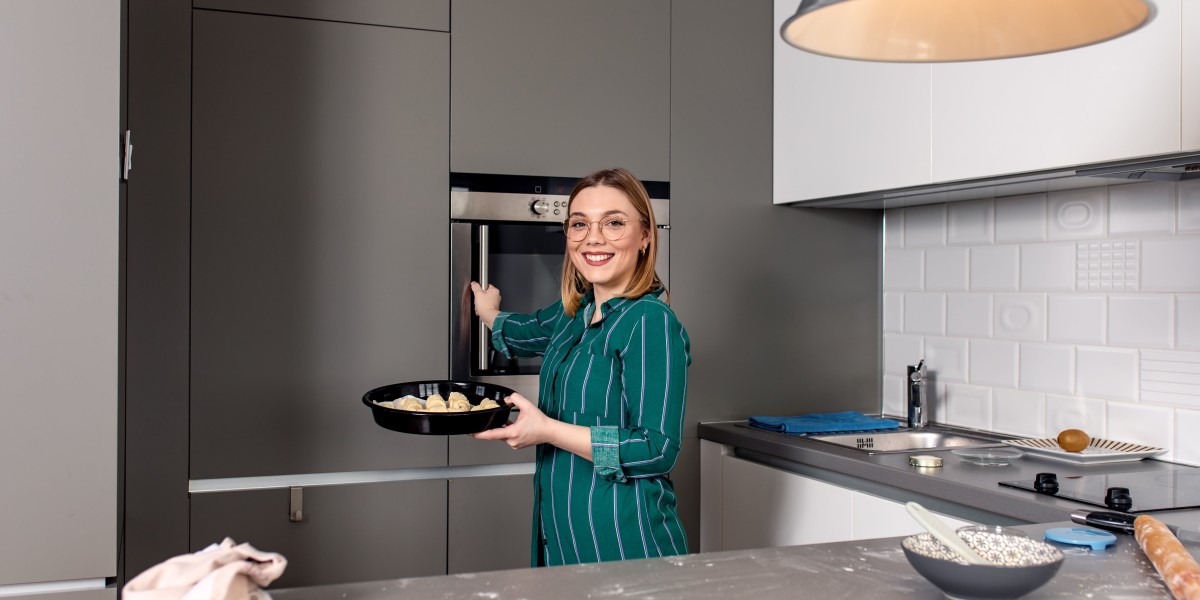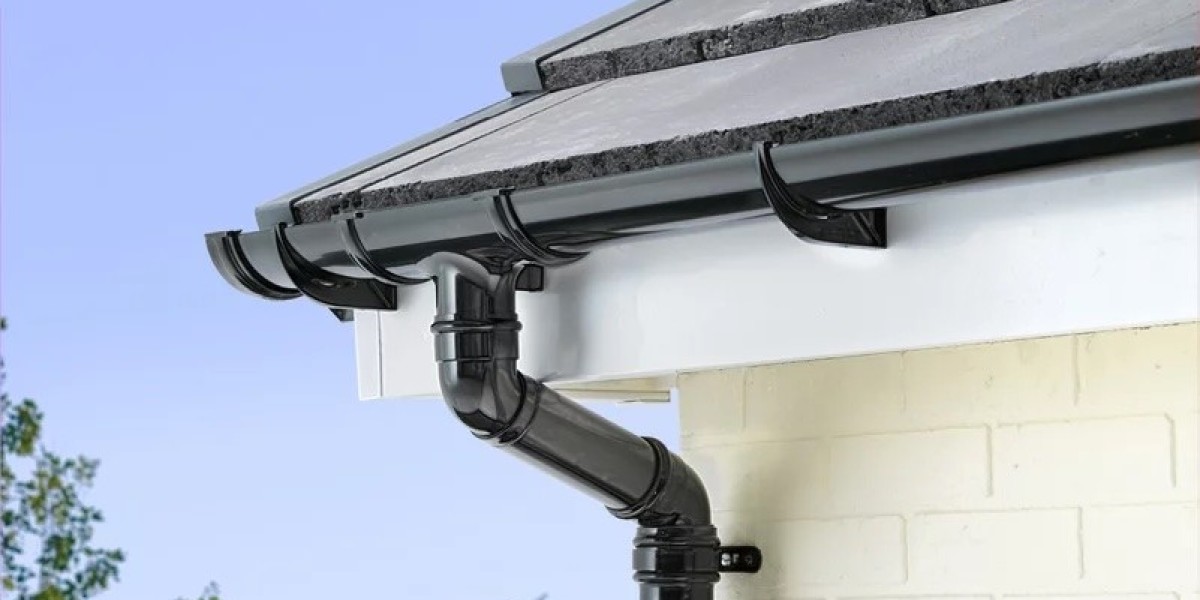Integrated Ovens: Elevating Kitchen Design and Functionality
Integrated ovens have reinvented contemporary kitchens, blending effortlessly with cabinets and providing a smooth visual while offering innovative cooking functionalities. This article explores the advantages, types, features, and considerations when picking an integrated oven, together with frequently asked questions.
Comprehending Integrated Ovens
An integrated oven is created to sit flush with kitchen cabinets, providing a continuous, sleek appearance that complements modern kitchen designs. Unlike standard freestanding ovens, integrated ovens are built into the kitchen systems, making them less conspicuous and more aesthetically appealing.
Benefits of Integrated Ovens
Visual Appeal
Integrated ovens are developed to boost the overall appearance of the kitchen. They can be personalized to match cabinets, developing a cohesive appearance.Area Optimization
These ovens make the most of offered space, making them perfect for smaller kitchen areas or those with open-plan designs. Their built-in style helps keep the cooking location uncluttered.Advanced Features
Numerous integrated ovens come geared up with sophisticated cooking innovations, such as convection heating, steam cooking, and clever functions that allow push-button control.Enhanced Accessibility
Integrated ovens can be placed at an ergonomic height, reducing the requirement to flex down when positioning or removing meals.Increased Resale Value
A modern, well-designed kitchen with integrated appliances, including ovens, can considerably boost a home's resale value.
Types of Integrated Ovens
Integrated ovens come in various styles and functionalities, dealing with various cooking requirements and preferences. The main types include:
| Type | Description |
|---|---|
| Single Ovens | Standard ovens developed for straightforward baking, roasting, and barbecuing. |
| Double Ovens | 2 oven compartments, permitting simultaneous cooking at different temperatures. |
| Combination Ovens | Incorporates several cooking approaches, such as convection and microwave. |
| Steam Ovens | Use steam for cooking, suitable for healthy meals and maintained nutrients. |
| Wall Ovens | Built into the wall, maximizing counter space and enabling a more ergonomic design. |
Key Features to Consider
When choosing an integrated oven, numerous key features must be taken into account:

Size and Capacity
Ensure the oven fits the designated area and satisfies your cooking requires. Typical sizes consist of 24, 27, and 30 inches.Cooking Functions
Search for flexible cooking functions such as baking, broiling, roasting, and steam cooking.Energy Efficiency
Choose models with high energy scores to save money on energy expenses and reduce ecological effect.Smart Technology
Features such as Wi-Fi connection, remote tracking, and programmable settings can enhance usability.Cleaning Options
Self-cleaning modes and easy-to-clean interiors make maintenance simpler.Design Compatibility
Select an oven that fits your design aesthetic and matches existing kitchen cabinets.
Installation and Maintenance
Setting up an integrated oven typically needs professional aid to guarantee that it is fitted correctly. Proper setup not just maintains visual appeals but also improves cooking efficiency.
Maintenance Tips
- Regular Cleaning: Clean the oven's exterior and interior to keep its look and function.
- Examine Seals: Inspect door seals regularly to guarantee they are undamaged, preventing heat loss.
- Test Functions: Routinely test the numerous cooking functions to make sure optimum efficiency.
FAQs about Integrated Ovens
Q1: Are integrated ovens more costly than freestanding models?A1: Yes, integrated ovens generally tend to be more costly due to their design, installation requirements, and advanced functions. Q2: Can I install an integrated oven myself?A2: Whilesome individuals might try DIY installation, it is advised to employ a professional to make sure correct fitting and connection to electrical or gas lines. Q3: What are the benefits of steam ovens?A3: Steam ovens are useful for maintaining wetness and nutrients in food , making them perfect for healthy cooking. They can likewise lower cooking times. Q4: How can I pick the right size integrated oven for my kitchen?A4: Measure your available area, consider your cooking practices and family size, and seek advice from with a kitchen designer if needed. Q5: Do integrated ovens have guarantee options?A5: Most producers use guarantee alternatives. It's important to examine the terms before buying an integrated oven. Integrated ovens represent a considerable advancement in kitchen design and functionality. They offer a best blend of design, performance, and convenience, making them an outstanding choice for contemporary kitchens. By understanding the different types, functions, and considerations associated with choosing the best integrated intergrated oven (they said), homeowners can elevate their cooking experience while boosting their kitchen's overall visual. Whether one is a culinary newbie or an experienced chef, an integrated oven can provide the tools required to prepare delicious meals and bring joy to the kitchen. With a wide range of choices available, potential purchasers should thoroughly assess their needs, choices, and budget plans to make an informed purchase that lines up with their cooking goals.








